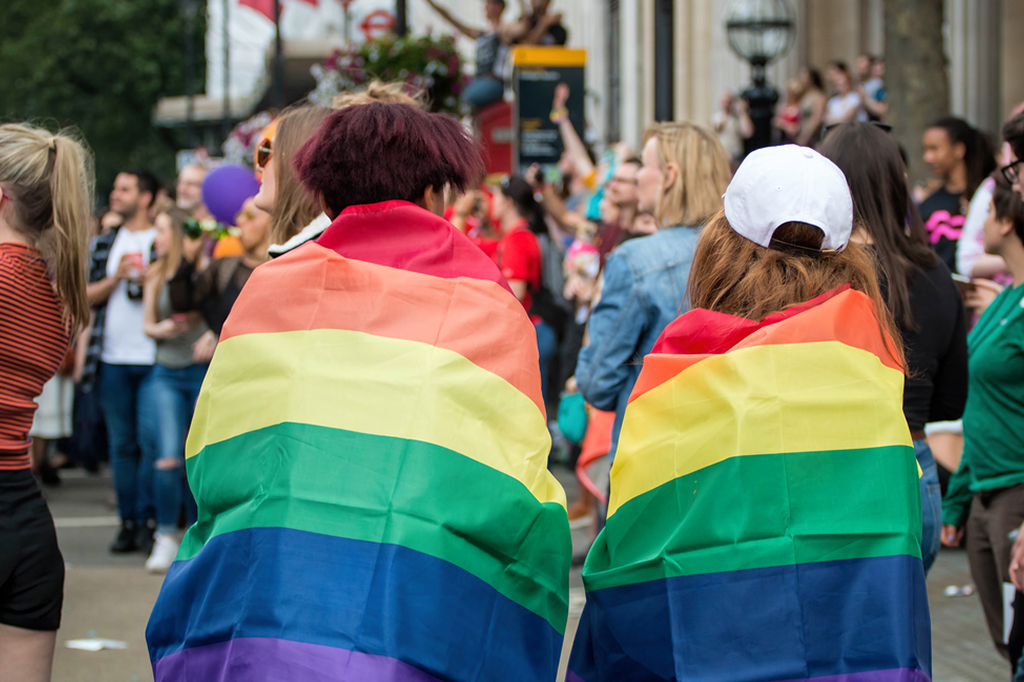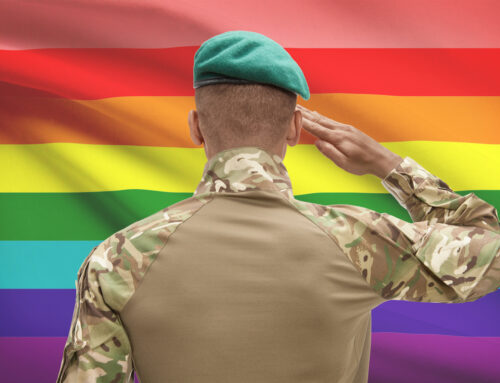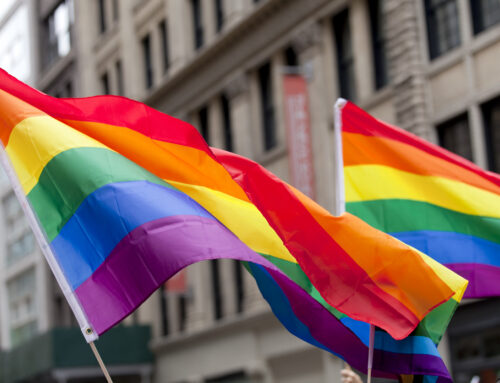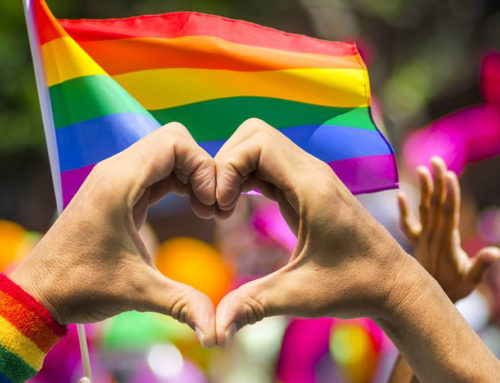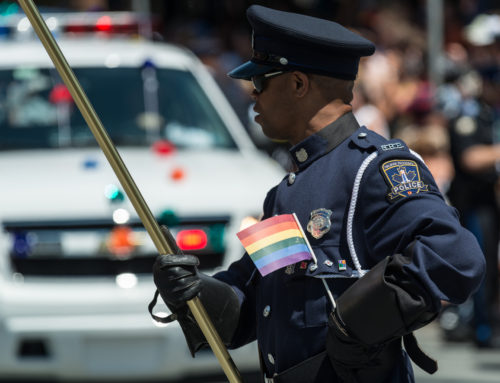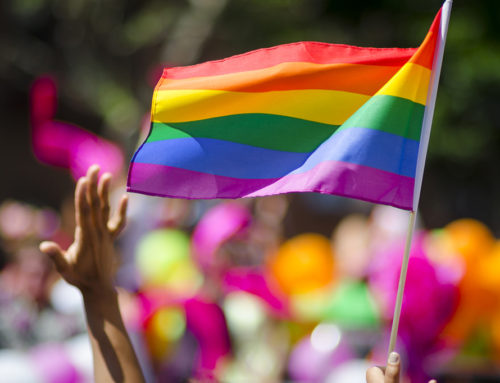Imagine welcoming a newborn child into your life and then being denied medical care for the child, simply because you identify as LGBT. This is the reality for a same-sex couple in Michigan. Three years ago, Jami and Krista Contreras of Oak Park, MI experienced the happiest day of their lives when they became parents. When their child was 6 days old they brought her to a local pediatrician for a checkup and preliminary health screening.
After arriving for the appointment, they were surprised to learn that the doctor they had booked the appointment with refused to help them and their child. Apparently, the doctor had “prayed on it” and decided that she would not be the child’s physician because her parents were gay. Under Michigan state law, the doctor’s discriminatory behavior was entirely lawful. Since the doctor believed that homosexuality was immoral, she was justified in refusing to treat their newborn child.
Discrimination Law in the United States
Aren’t there anti-discrimination laws on the books that can help to protect against behavior like this? Yes and no. The federal government does have anti-discrimination legislation. However, anti-discrimination laws do not address behavior that is the result of a person’s sexual orientation or gender identity. Instead, protected classifications are broader. Think “sex,” “race,” “color,” and “national origin.” While courts have extended protections to certain LGBT individuals under the classification of “sex,” there is no clear protection for all LGBT individuals.
State Discrimination Laws
The federal government does not explicitly protect the LGBT community from discrimination, but some state laws do. In fact, 22 states in the country have passed legislation offering protections to individuals who identify as lesbian, gay, bisexual, transgender, or intersex. An increasing number of cities and municipalities are also extending anti-discrimination protections to the LGBT community. However, approximately half of the LGBT community live in areas in the country where there are no protections.
Michigan LGBT Discrimination Laws
Michigan’s state anti-discrimination laws do not directly address LGBT individuals. Instead, the law focuses on more “traditional” protected classes: race, sex, marital status, age, and disability. Legislative attempts to expand protections to LGBT individuals have been numerous, but unsuccessful. However, LGBT individuals have gained some rights over the years:
- In 2003, then-Governor Jennifer Granholm signed an executive order that prohibited government discrimination on the basis of sexual orientation.
- In 2013, state lawmakers passed legislation prohibiting private marinas from securing government loans if they discriminated on the basis of sexual orientation.
- In 2018, the Sixth Circuit Court of Appeals, whose decisions bind the State of Michigan, held that Title VII discrimination protections extend to transgender individuals.
A number of cities in Michigan have also taken the initiative to pass LGBT-friendly laws:
- 48 cities prohibit discrimination on the basis of sexual orientation
- 44 cities prohibit discrimination on the basis of gender identity
- 44 cities offer employment protections to LGBT individuals
- 48 cities offer housing protections to LGBT individuals.
Discrimination Still Permitted
Despite recent advances for LGBT equality in states like Michigan, discrimination is still not entirely prohibited. This is most evident in private areas of employment. Employers who have no ties to the government through funding are generally entitled, under current law, to discriminate without fear of legal consequences. The Michigan pediatrician who refused to help the same-sex couple, for example, was not bound by any anti-discrimination laws. Until LGBT equality and rights are firmly cemented in the law, discrimination will continue to be a problem across the country.

